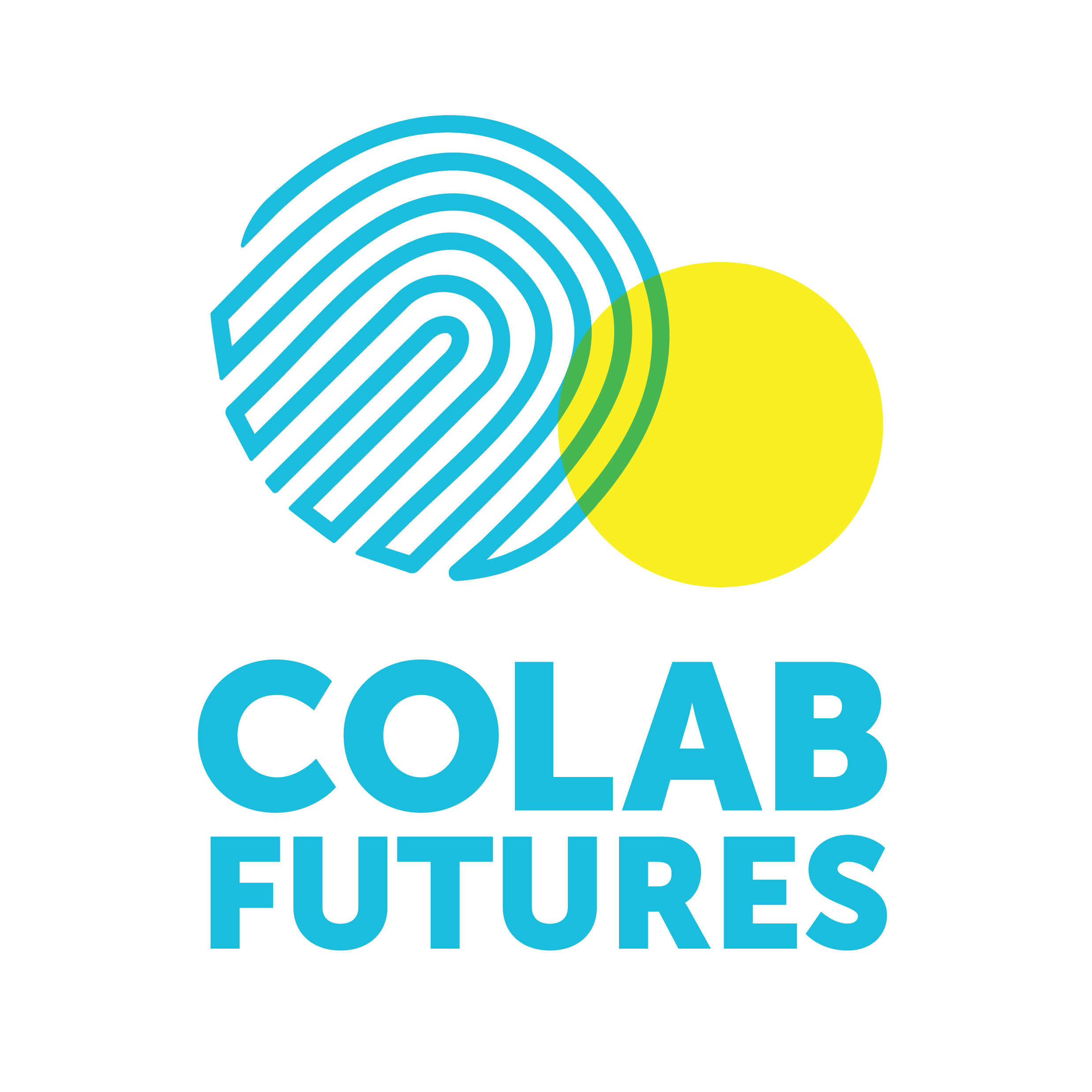Ethics in a box
CoLabFutures is about empowering. We built upon classical and contemporary ethical theories with the goal of bringing these outside the academic worlds. With that in mind, we are creating a five-piece kit which will make ethics easier to understand for a broader audience. The kit will be composed of the elements listed below. If you're interested in the development of this kit, or would like to be a beta tester, please give us a shout.
1. Three easy routes to a closed mind
How to identify a closed mind, and how to open your own
2. Fallacies
Fallacies tend to shut down arguments preemptively, or distract from the core issue of an argument. Consequently, they work to build division between parties, and create fragmenting. In this age, it's a frequent occurrence. Calling fallacies out can help us move past them and address core issues.
Fallacy Bingo: A taxonomy for identifying fallacies, i.e. getting past the bullshit
3. Preferred ethical arguments
Examples of statements, and responses (work in progress)
4. Ethical families
An argument in which parties express a perspective of different ethical families can create gridlock in discourse. Identifying the ethical family can lead to better bridge building (work in progress)
5. Moral deliberation tools
A set of tools to assist in moral deliberation (work in progress)
References
This work is based on a variety of sources and has been adapted with permission or credited.
Athena Institute VU University Amsterdam
Dr. Frank Kupper
Prof. dr. Tjard de Cock Buning
DesignLab Twente
Prof. Peter Paul Verbeek
Prof. Ben Mepham


